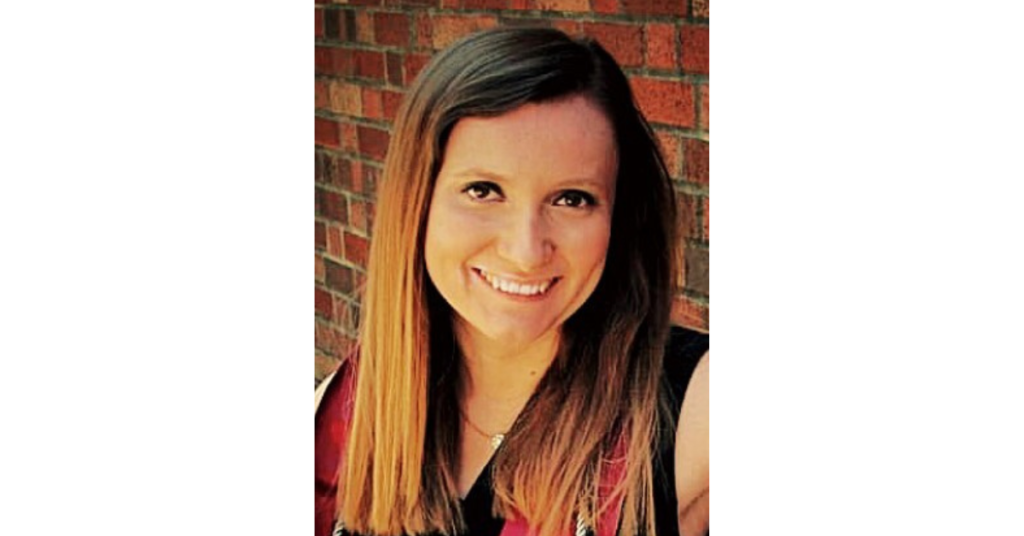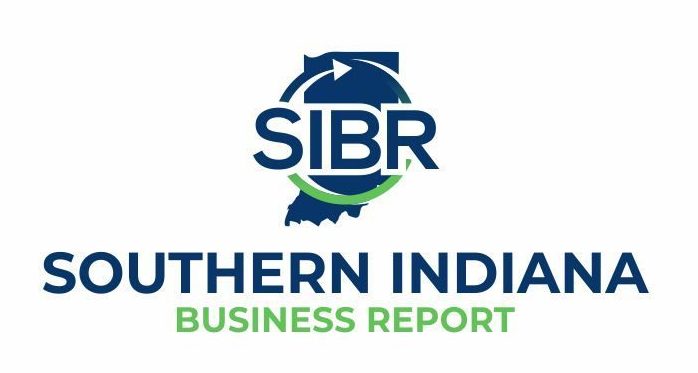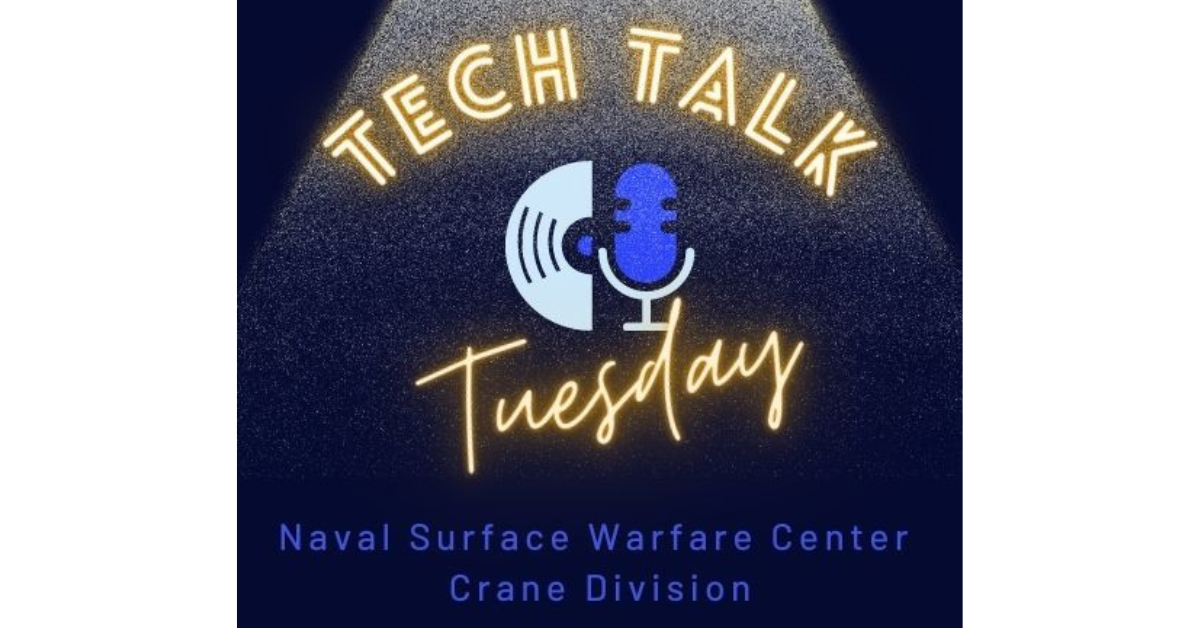Tech Talk Tuesday breaks down patent, licensing process
Carol Johnson, Southern Indiana Business Report
CRANE – The engineers and scientists at Naval Surface Warfare Center Crane Division are primarily focused on innovations that will benefit America’s warfighter, but these innovators are also developing technologies that can be used commercially in health care, agriculture and in everyday life.
A new podcast is shining a light on the innovations coming out of Crane’s labs and explaining how that intellectual property can be transferred for use in the public domain.
Called Tech Talk Tuesday, the podcast airs the first Tuesday of the month and can be found on a wide variety of podcast hosting platforms. Amanda Brock McCullough is host of Tech Talk Tuesday. She works in the NSWC Crane legal office assisting with the patent process.

“Most people don’t know we’re out there and we thought this would be a good way to display this better,” she said.
McCullough said Crane already had a podcast called CraneCast that has been very successful so she approached Crane’s communications office with the idea of a podcast on technology transfer. After receiving the green light, the podcast debuted Nov. 1.
Because the podcast is new, McCullough said the initial segments will be general overviews focusing on what is technology transfer and explaining how outside companies and universities can get involved with Crane and these innovations.
The official definition of tech transfer is this: Technology transfer seeks to license and collaborate with local individuals, companies and academic institutions for the purpose of transferring government protected innovations for commercialization, ultimately spurring economic development and transfer back into the federal government.
Maria Duran, Technology Transfer Director, said Crane is a federal lab.
“The goal is to eventually transition that intellectual property to commercialization for further development for military use,” Duran said. “Our first purpose is to get the best possible solutions to the warfighter, our second goal is economic growth. The public has put a huge investment in our lab and we want the maximum value of that investment. Most people would be surprised at the scope of innovations produced at Crane.
For instance, one recent innovation was a fever detection system that is currently patent pending. McCullough explained that during COVID, the inventor recognized there was a need for a simpler and more accurate way to check body temperatures. The device uses Artificial Intelligence and Machine Learning to get an accurate temperature reading.
What further enhances the system is it can scan multiple people at one time, she said, saving time.
The fever detection system would be ideal for large gatherings such as concerts, sporting events and graduations.
That technology led to a licensing agreement with Greene County General Hospital to use the fever detection system.
Outside of public gatherings, McCullough said there are alternative uses for the system being explored such as: tumor detection, veterinary science, and agriculture. If a company did want the technology, they would work with Crane to obtain a license.
The patent process can take two to four years. During fiscal year 2022, spanning Oct. 1-Sept. 30, Crane’s legal office currently holds over 300 active patents.
By explaining the patent process and how these technologies can benefit the public, McCullough said the goal is that more small businesses will feel less overwhelmed by the licensing process.
Private sector businesses may manufacture the Crane innovation as it was intended, or, Duran said, the business may take the innovation in a different direction.
A graduate of the Indiana University Southeast School of Business, where she majored in marketing, management and sales, McCullough has worked in the legal office nearly four years and got her first glimpse of the tech transfer legal process as an intern.
“I didn’t see myself doing this but I really love it. It’s fun to see that whole circle. I find it very exciting to have all these amazing technologies benefit the public and to work with all these inventors who are so on fire for what they work on,” McCullough said.
As the podcast develops, McCullough said episodes will look at specific technologies spanning weapons to health care. Segments last about 20 minutes.
The first guests were Annie Bullock-Yoder, who serves as a tech transfer specialist, and Julie Shaff, deputy director of the Naval X Midwest Tech Bridge.
The next podcast, available Dec. 6, will introduce listeners to Heath Murray of Dioltas, and Andy Lehman, head of accelerator programming at The Mill in Bloomington.



